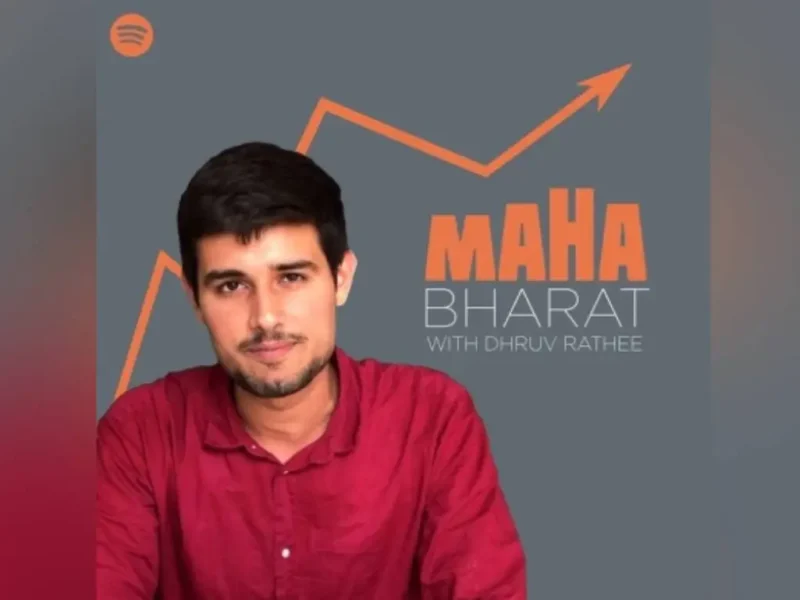
Stanford ‘Scholars in Service’ Focus on Solving Health, Education, Economic Challenges in Wake of COVID-19
Indian American faculty members at Stanford University Anisha Patel (far left) and Gopi Shah Goda (right) were among four from the university – along with Suzan Carmichael and Ira Lit – who will advance new evidence-based solutions to address disparities made worse by COVID-19 through the Scholars in Service program. (Stanford.edu photo)
By GIOVANNI ALBANESE, Jr/India-West Staff Reporter
Two Indian American faculty members at Stanford University are among four chosen for its Scholars in Service program, which will allow them to advance new evidence-based solutions to address disparities made worse by COVID-19, the university announced in an Aug. 25 report.
The faculty members are Indian Americans Anisha Patel and Gopi Shah Goda, as well as Suzan Carmichael and Ira Lit.
The faculty members will serve within government and community-based organizations to advance solutions to current social issues in the coming year.
They are participating in the Scholars in Service program, sponsored by Stanford Impact Labs and the Haas Center for Public Service, which offers funding and support for up to a year of full-time service, the report said.
Starting this summer, the faculty members will work closely with policymakers, advocates and community leaders to find and promote practical, evidence-based ways to make progress on issues with local to national scope, it adds.
Patel, associate professor of pediatrics, will work with community organizations to enhance programs providing children and their families in the San Joaquin Valley of California with access to healthy food.
Goda, senior fellow and deputy director of the Stanford Institute for Economic Policy Research, will serve with the White House Council of Economic Advisers, focusing on federal policies related to long-term care, retirement and social insurance programs.
Food insecurity is associated with poor health and decreased learning for children, and the San Joaquin Valley has some of the highest rates of food insecurity statewide, the university report said.
Patel, an associate professor of pediatrics who practices at the Gardner Packard Children’s Health Center, will work with Cultiva la Salud and Dolores Huerta Foundation, two community-based organizations serving Latino immigrant families in the San Joaquin Valley. Their goal is to increase children’s access to healthy and appealing food, it said.
Patel and trainees at Stanford, colleagues at the Nutrition Policy Institute, and staff from both organizations have worked with parents in six school districts to identify barriers families face in accessing school meals during the COVID-19 pandemic, according to the report.
The team will build on this work in the coming year to investigate how school meals can be more effective in addressing food insecurity, it said.
They are using a research process known as photovoice, in which parents photograph meals and participate in focus groups to identify interventions that districts could employ to make meals more appealing and nutritious.
The process helps community members document their experiences, identify solutions and interventions to be tested, and advocate for change, it said.
“I am extremely grateful for this opportunity to partner with Cultiva la Salud and Dolores Huerta Foundation to advance our understanding of evidence-based strategies to increase participation in school meals programs that are known to promote students’ health and learning,” Patel said in the report. “This project is timely, as California recently became the first state in the nation to permanently provide free school meals to all K-12 public school students.”
Programs such as Social Security and Medicare that millions of Americans rely on for well-being as they age face increasing financial strain due to demographic shifts, including longer lifespans and fewer births.
The COVID-19 pandemic threatens to accelerate the exhaustion of Social Security and Medicare’s trust funds as job losses and health shocks lead more people to rely on public insurance programs, the report notes of Goda’s work.
Goda, a senior fellow and deputy director of SIEPR, will serve as a senior economist at President Joe Biden’s White House Council of Economic Advisers. She will focus on policy proposals related to long-term care and health care, including social insurance programs such Medicare and Medicaid. Goda will work with the council to advise the President on economic policy based on data, research and evidence, it said.
“I’m thrilled to have the opportunity to contribute to policy discussions in a meaningful way and to bring back what I learn to enrich my research and teaching,” she said.
The goal of the Scholars in Service program is to engage faculty in immersive placements with government agencies and community organizations in order to leverage their research expertise and enable them to experience directly challenges related to implementation as their organizations address some of society’s most complex social problems.
Faculty serve from one quarter to a full academic year, contributing to their host organizations in ways that also enhance their scholarship, it said.




